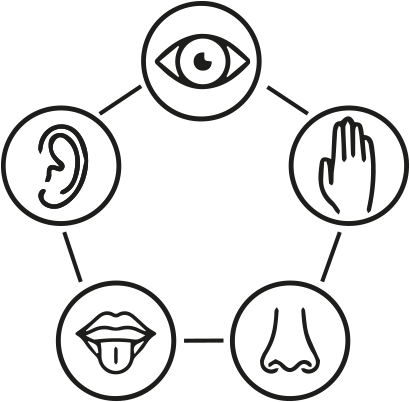Search
Observing as a professional
Students learn to observe in their field of knowledge through different observations questions from other fields of knowledge.
Led by Ilse van Lieshout
Mapping one’s own perceivings
Students get acquainted with sensory knowledge and their sensory awareness in the surrounding they are in.
Led by Ilse van Lieshout
Diary Notations
Template researching Lived Experience, by Phenomenological (self) observation
Led by Ike Kampfhof
Teaching Sensory Anthropology
Have an understanding of how sensory awareness is put into practice by researchers in order to solve challenges of presentation and representation.
Led by Paula Serafini









